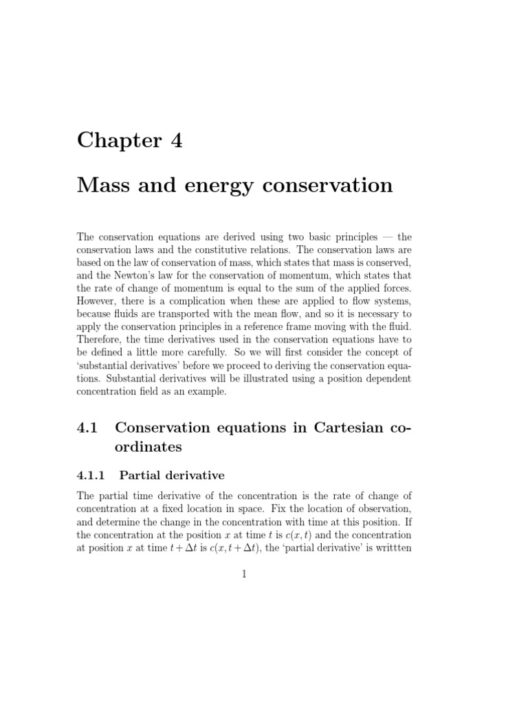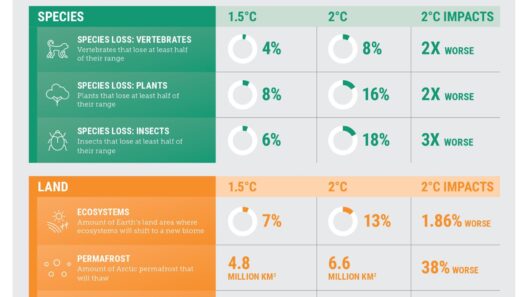In the realm of environmental advocacy, the influence of small-scale farmers on climate change and sustainability is often underappreciated. However, supporting local farming initiatives can yield substantial benefits for both local communities and the planet. This discourse aims to explore the multifaceted contributions of small farmers to environmental conservation and climate resilience. Their efforts constitute a significant counterforce to the broader, industrialized agricultural practices often associated with environmental degradation.
Historically, small-scale farmers have been stewards of biodiversity. By cultivating a diverse array of crops, these agriculturalists maintain ecosystems that are resilient to pests, diseases, and climate variability. Unlike monoculture practices prevalent in large-scale agriculture, diverse planting strategies foster soil health and enhance carbon sequestration capacities. The promotion of polyculture not only augments local food security but also mitigates the ecological footprint of agriculture. Nutrient-rich soil supports robust plant life, which in turn captures atmospheric carbon dioxide, a significant greenhouse gas, thereby addressing the overarching issue of climate change.
Beyond biodiversity, small farmers often employ organic farming practices that eschew harmful pesticides and fertilizers. This ecological agriculture minimizes chemical runoff into waterways, preserving aquatic ecosystems and safeguarding human health. As these farmers grow food free from synthetic interventions, they contribute to the broader movement of regenerative agriculture, which aims to restore degraded soils and ecosystems. The implementation of composting, crop rotation, and agroforestry practices ensures that these farming methods yield a net positive effect on the environment. Such practices rejuvenate the earth and promote a sustainable solution to global food production needs.
Moreover, small-scale farming is inextricably linked to local economies. When communities invest in local agricultural systems, they fortify economic resilience and self-sufficiency. Local farmers sell their produce at farmers’ markets, which reduces the carbon emissions associated with food transportation. This “eat local” ethos encourages consumers to consider the environmental impact of their consumption patterns. Such mindful purchasing not only supports community livelihoods but also fosters a connection between consumers and producers—a relationship that is often lost in the globalized food supply chain.
Technological innovations offer additional ways in which small farmers can amplify their positive environmental impact. Precision agriculture, for example, utilizes data analytics and IoT (Internet of Things) devices to optimize inputs like water, fertilizers, and pesticides. Moreover, drones and satellite imagery can help discern crop health, facilitating more informed decision-making. By integrating these technologies into their practices, small farmers can operate more efficiently, and sustainably, while minimizing waste and resource exhaustion.
Climate change poses a significant threat to agricultural productivity. Extremes in weather patterns, such as droughts and flooding, disproportionately affect small farmers, often leaving them vulnerable. Their adaptability is crucial. Harnessing indigenous knowledge and traditional farming techniques can serve as a buffer against climate-related adversities. Such approaches include dry farming, rainwater harvesting, and the cultivation of drought-resistant crop varieties. These strategies not only ensure continued agricultural viability but also enhance the resilience of entire communities.
The role of small-scale farmers extends beyond mere food production. They can act as advocates for environmental stewardship within their communities. By participating in programs that educate consumers about sustainable practices, farmers play a pivotal role in shaping public consciousness about climate change. Community-supported agriculture (CSA) initiatives invite consumers into the farming-fold, creating an alliance that champions ecological sustainability. Such programs empower consumers with the knowledge to make environmentally responsible choices, further propelling the movement toward sustainable living.
One cannot ignore the policy dimensions surrounding small farmers and climate change. Advocacy for favorable policies—such as subsidies for sustainable practices and financial support for small farmer cooperatives—has the potential to redefine agricultural landscapes. Policymakers must recognize the vital role that small farmers play in combatting climate change and devise targeted incentives that encourage sustainable farming methods. The creation of equitable access to resources, training, and markets is essential if small farmers are to thrive and effectuate change.
To encapsulate, the nexus between small-scale farmers and the fight against climate change is profound and multifaceted. By embracing local agricultural systems, we not only champion food sovereignty but also enhance ecological integrity. The transition to a sustainable future hinges on amplifying the voices of small farmers—an often marginalized yet indispensable demographic in the global discourse on climate action. Supporting local farming isn’t merely an act of charity; it is an investment in our planet’s future and a commitment to preserving the natural world for generations to come.
Growing organically, supporting local economies, and embracing innovative practices can prop up our efforts to mitigate climate change. We must recognize that every seed sown in fertile soil is a step taken toward a sustainable and resilient future. In our pursuit of environmental justice, small-scale farmers stand as stalwart allies, wielding the power to enact change on both local and global scales. Now is the time to bolster their efforts and ensure that their significant impact on our planet is recognized and celebrated.








